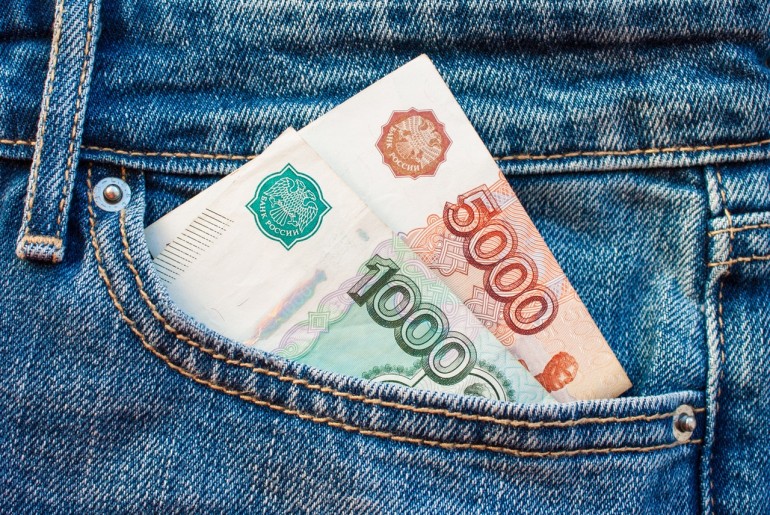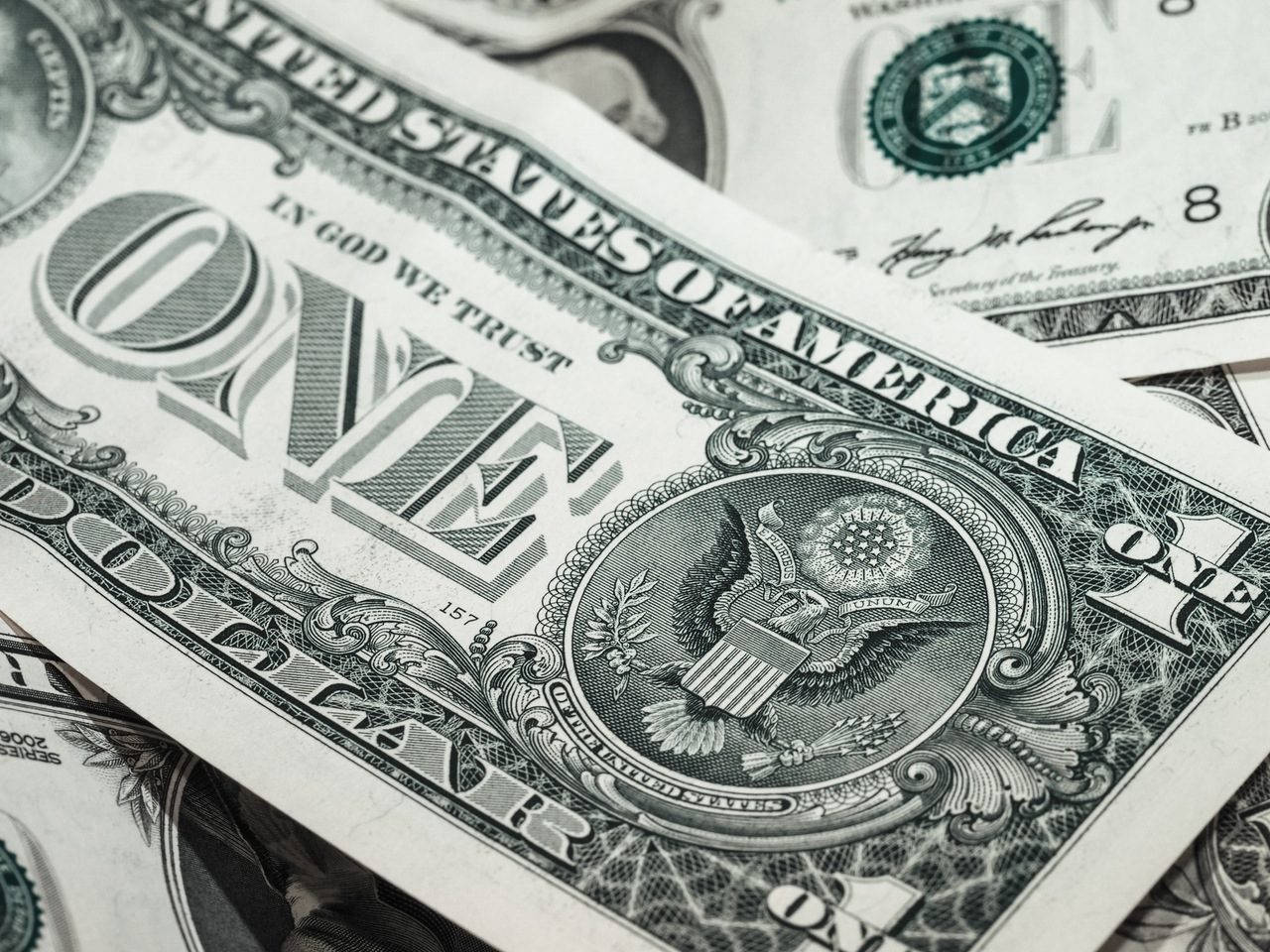Money. We all worry about it, and we all frequently find ourselves in positions whereby we have no idea whether we’re using our finances wisely or not. There are so many conflicting pieces of advice in terms of how you should be investing or not investing money. It can seem impossible to know whether you should be spending money now to protect your money tomorrow or simply keeping the whole lot under lock and key to avoid being conned out our hard-earned income.
The key to protecting your pocket is to carefully research every opportunity for an expenditure which comes your way. You can’t simply assume that you need every type of protection there is. The most reliable protector of your finances is you, as you are the one with the highest stake in it. If you’re wondering how you could better save money and avoid wasting your finances away, here are some top tips for protecting your back pocket.
Save money.
This is the most obvious way to save money, but it’s one that so many people neglect to take seriously. Saving roughly ten percent of your monthly income and perhaps putting it aside in a separate account, you’re creating a cushy safety net for yourself in the event of the unexpected. And, at some point, the unexpected will most likely happen. Perhaps it’ll be the lengthy gap between one job and another or perhaps you’ll simply suffer an injury and need to take time off work.
Even when you don’t consider accidents putting you out of work and forcing you to rely on funds you’d previously set aside, savings are a wise investment for your future. There might be big purchases waiting for you a few years down the line if you’re looking to buy a house or a car or you might simply want to prepare for your retirement as early as possible in order to give yourself the best possible future further down the road.
Unnecessary expenses.
So many personal finances issues can be solved by simply reducing spending. Some of the more obvious ‘bad habits’ to break might involve smoking, drinking or excessive shopping at the weekends. Waiting for 30 days before making a big purchase is a good way to test whether you really want that good or service.
Of course, some unnecessary expenses have more serious undertones. If you do some research into how to claim ppi you might find out whether you’ve ever been mis-sold unnecessary insurance cover for a loan or credit card in the past in the event of an accident or sickness. Many people also burn through insane amounts of money on their monthly energy or phone bills. You should not only be browsing for the cheapest provider, but, in the case of the former, implementing household tricks for saving energy and therefore saving money.
It’s so easy to lose a grip over your finances when you’re overloaded with so much information about how you should be spending your money wisely or what forms of protection you should have in place. The key is to look into all your outgoings each month and question those expenditures which leave a puzzling question mark looming over your head. If you don’t know why you need to cough up your money for something, whether it be a service or a product, then you might not need that purchase at all.
Daily account checks.
This isn’t about paranoia, but simply the security of your money. You should be monitoring your bank account every day, as you’ll want to spot any suspicious or peculiar activity immediately. If something were to happy to all the money in your account, you could find yourself in a tricky situation with regards to recovering any of it. If you spot even the tiniest mistake or odd outgoing within your account, you must contact your bank straight away, as it could be a sign of fraudulent activity rather than a glitch. You need to crack down on vulnerabilities to your account straight away in order to control the level of damage.
Avoiding debt.
One of the main reasons I’ve reiterated the importance of monitoring your outgoings in comparison to your income throughout the piece is because your cash flow is the key to protecting your finances. If you’re barely breaking even, you’re not doing everything you could be doing to protect your future. Exceeding your monthly income might lead to loans you don’t need to pay for necessities, and a dangerous spiral can start there.
You need to be paying off loans with all your available disposable income before investing in additional luxuries and pushing yourself towards further loans and further debts. The sooner you make those repayments, the sooner you can start investing your money in your future and really protecting your finances.











Comments are closed.